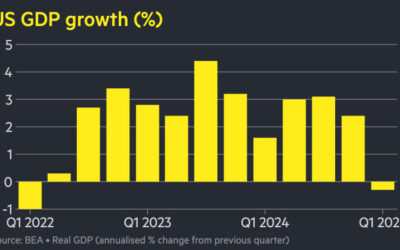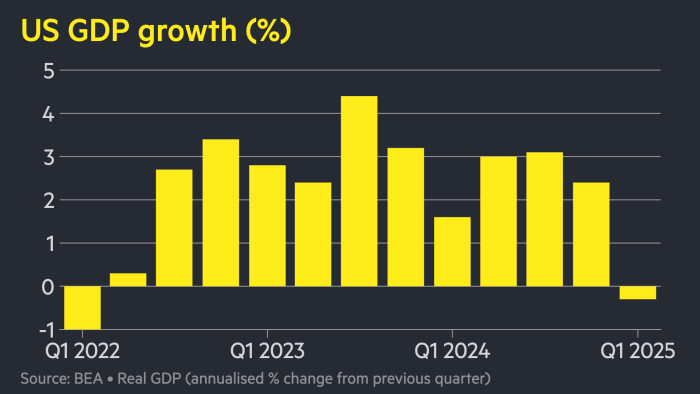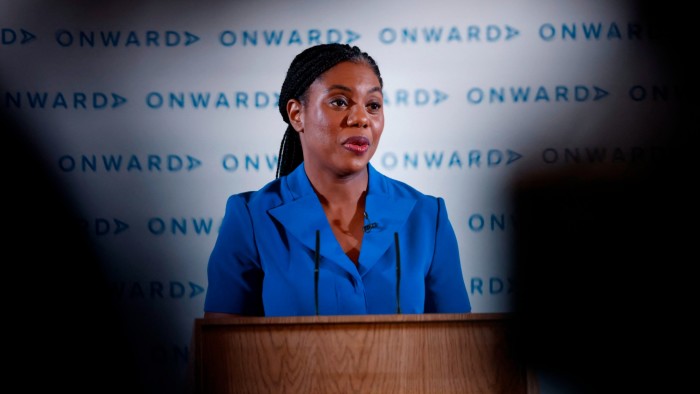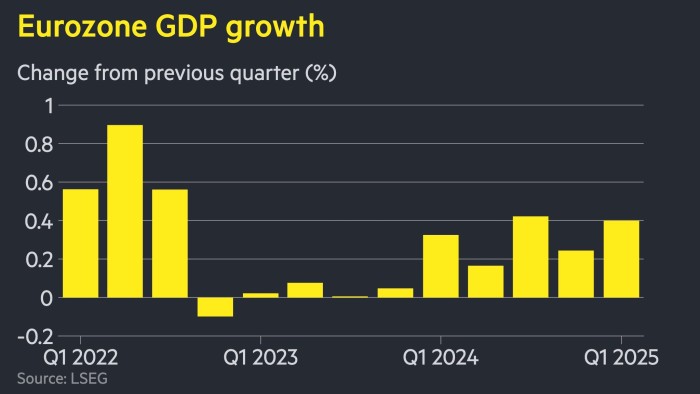Corporate America must stand up for the US innovation machine
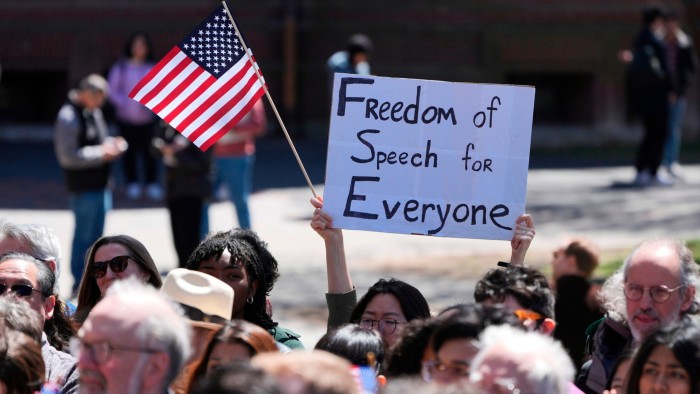
Unlock the White House Watch newsletter for free
Your guide to what Trump’s second term means for Washington, business and the world
American industry is losing one of its major global advantages, and so far most business leaders haven’t raised a peep.
For generations, US companies have piggybacked on generous government funding that supported cutting-edge research both within federal agencies and through grants to academic scientists. Entire ecosystems grew up in Boston, Philadelphia and Silicon Valley to help commercialise the resulting innovation.
The US space programme laid the groundwork for dozens of successful products, from memory foam to cordless vacuums and computer mice. Funding from the National Institutes of Health contributed to 99 per cent of all drugs approved between 2010 and 2019. Now Donald Trump’s second administration is throwing sand in that innovation machine.
As part of what they say is a campaign to cut waste and stamp out “woke” ideology, his appointees are taking a chainsaw to government research and cutting jobs across federal government, from food and drug watchdogs to climate and public health agencies. The cuts have also hit individual scientists through cancelled grants and a contested attempt to retroactively cut payments for research overhead costs.
The administration is holding hostage billions of dollars of grants to Harvard, Columbia and other elite universities and threatening their ability to enrol overseas students as it seeks to assert more ideological control over teaching and research.
Resistance to the attack on research is building. Small donors have rallied to Harvard’s side, and a joint statement decrying “unprecedented government over-reach” and the “coercive use of public research funding” has attracted signatures from the leaders of more than 500 US institutions.
But American business leaders have largely been missing in action. As Harvard squared up to fight with the administration, its biggest donors eschewed talking about the issue. Some are even said to be putting pressure on the university to back down and restart settlement talks.
Their acquiescence stands in direct contrast to growing corporate resistance to Trump’s tariff and trade policy. Citadel founder Ken Griffin warned last week that the nation’s brand was “eroding”, while Jamie Dimon, JPMorgan Chase chief executive, said recently that uncertainty around tariffs was “challenging” global confidence in the US.
The failure to stand up for science is not only cowardly but short-sighted. US government funding routinely kick-starts scientific discoveries that lead to commercial success. Where would Silicon Valley be if the Department of Defense hadn’t funded the precursor to the internet?
Without government research grants, business would be on the hook for so much more. In biotech, for example, US government funding accounted for 38 per cent of total investment last year, almost as much as all global venture capital combined, according to the industry group Bio.
The Trump administration’s cuts and crackdowns will not just cramp research today but also hobble future innovation by making US science less attractive to the next generation of researchers. It is hard to imagine a more counter-productive cost-saving programme than the swingeing cuts to student research grants being contemplated by the Environmental Protection Agency, among others.
Academic research has never paid as well as banking or business, but it did offer stability and intellectual freedom. Now both appear to be at risk.
Dozens of universities are responding to the funding uncertainty by scaling back or rescinding offers to incoming graduate students. Both Harvard’s Chan School of Public Health and Johns Hopkins University have announced lay-offs linked to Trump-related research cuts, and other schools are bound to follow. Not surprisingly, interest in British universities is soaring.
In Trump’s first term, CEOs initially courted him or cowered in the face of his personalised attacks on social media. But seven months in, some of them mustered the courage to decry his response to the white nationalist rally in Charlottesville, Virginia.
There is no reason to wait even that long. Trump has the lowest 100-day approval rating of any president in 80 years, and his policies on academia and research are especially unpopular. A new Washington Post poll found that 77 per cent of those surveyed oppose the cuts to medical research and seven in 10 disliked his efforts to control private universities.
Ordinary Americans understand the threat. Business needs to get on board.
